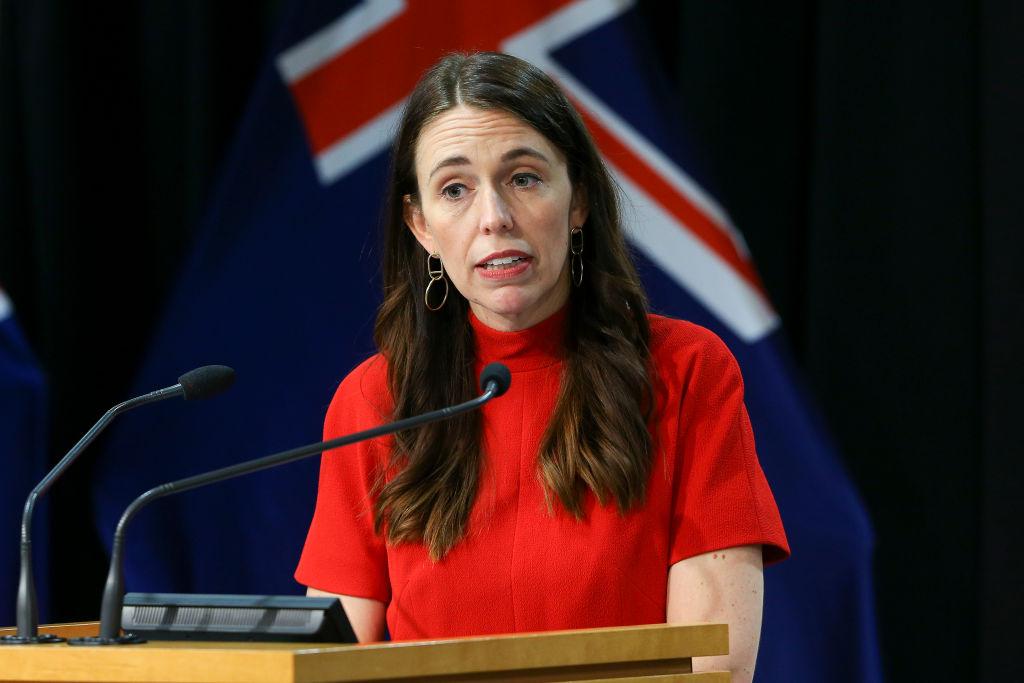
Prime Minister Jacinda Ardern speaks during a press conference at Parliament in Wellington, New Zealand, on March 16, 2022. Hagen Hopkins/Getty Images
The New Zealand government has revealed its 2022 budget on May 19, with a focus on relieving cost-of-living and record health investment.
Prime Minister Jacinda Ardern said the government had set out to give people as much certainty and security as possible in the budget.





